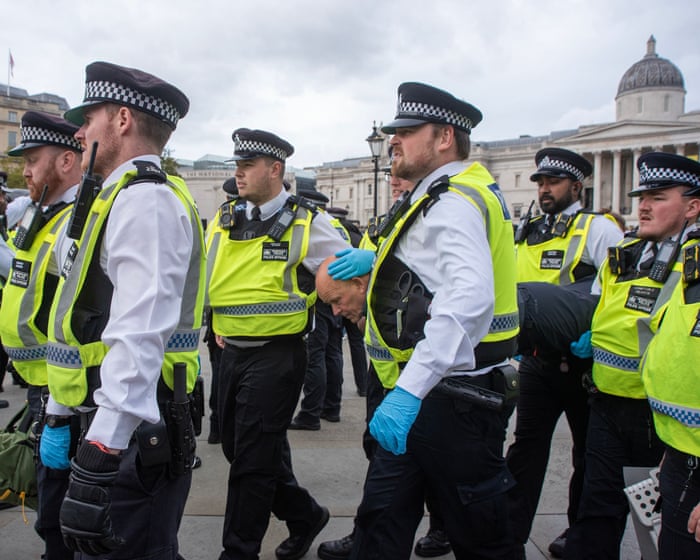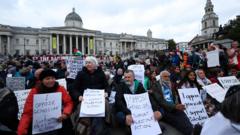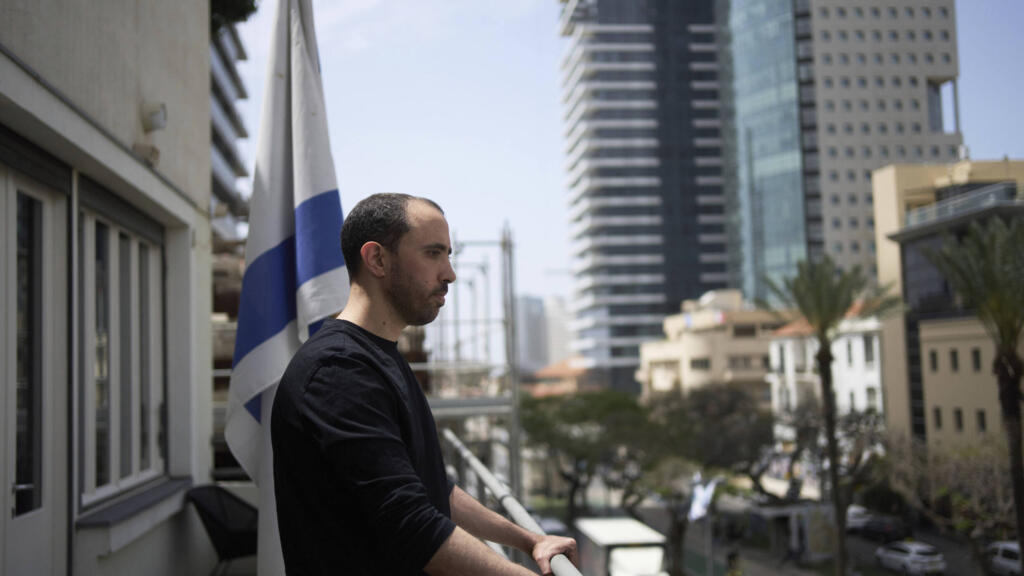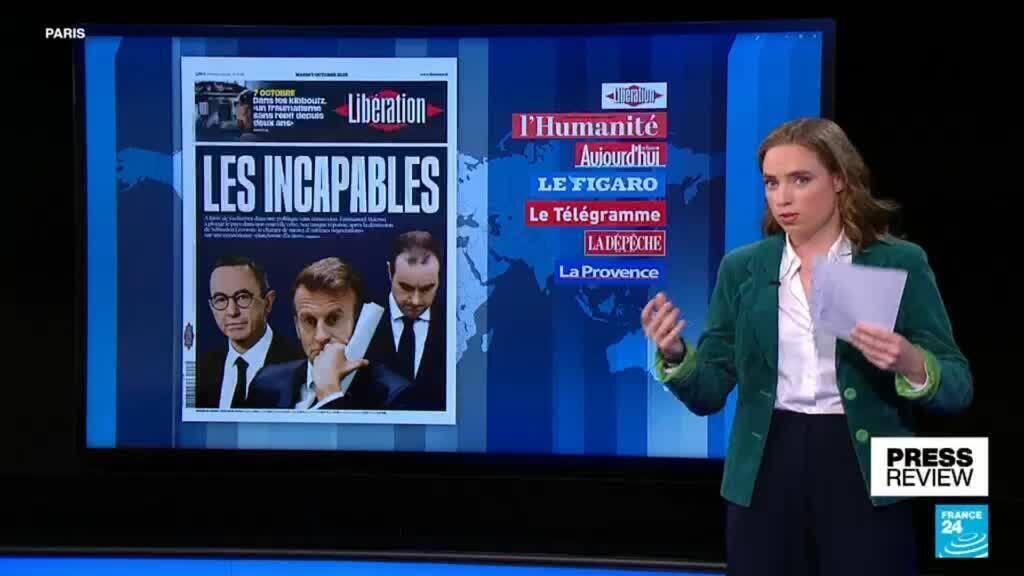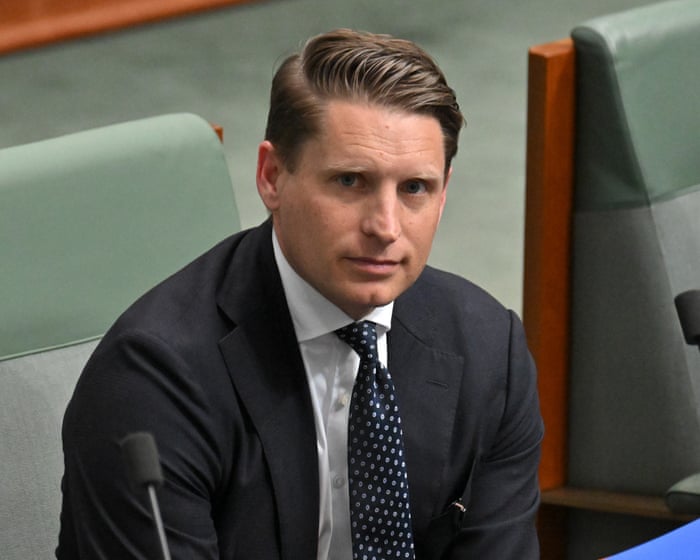Tuesday briefing: What new plans to curb pro-Palestine Action demonstrations mean for our right to protest
NegativeWorld Affairs
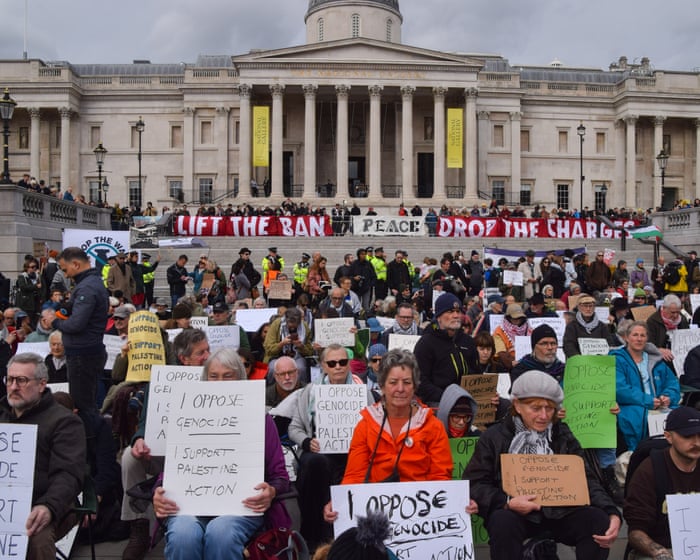
The recent announcement by Home Secretary Shabana Mahmood to impose stricter regulations on pro-Palestine Action protests raises significant concerns about the right to protest in the UK. This move echoes Mahmood's own history of activism against Israeli settlements, highlighting a potential conflict between her past and current policies. As protests are a vital part of democratic expression, the implications of these proposals could stifle voices advocating for Palestinian rights, making it crucial for citizens to engage in discussions about the balance between public order and freedom of speech.
— Curated by the World Pulse Now AI Editorial System
